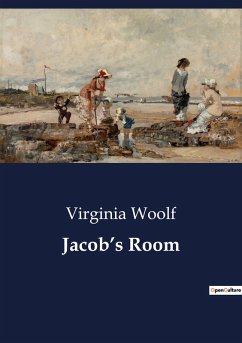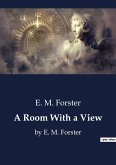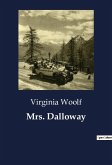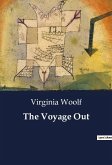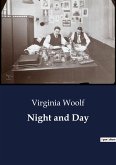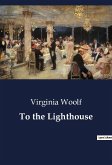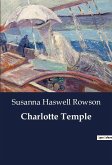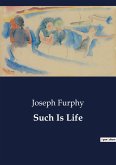We rely on your support to help us keep producing beautiful, free, and unrestricted editions of literature for the digital age. Will you support our efforts with a donation? In her third novel, Virginia Woolf departs from conventional narrative and explores storytelling through discordant scenes and impressions. Jacob Flanders¿ life story is told through the perspectives of the people in his life. In Jacob¿s Room, we see Jacob grow from a young boy to an ardent student of Classical culture while the world around him moves closer to an impending war. Jacob is described in flashes by the women around him¿his mother and his lovers.
Hinweis: Dieser Artikel kann nur an eine deutsche Lieferadresse ausgeliefert werden.
Hinweis: Dieser Artikel kann nur an eine deutsche Lieferadresse ausgeliefert werden.

